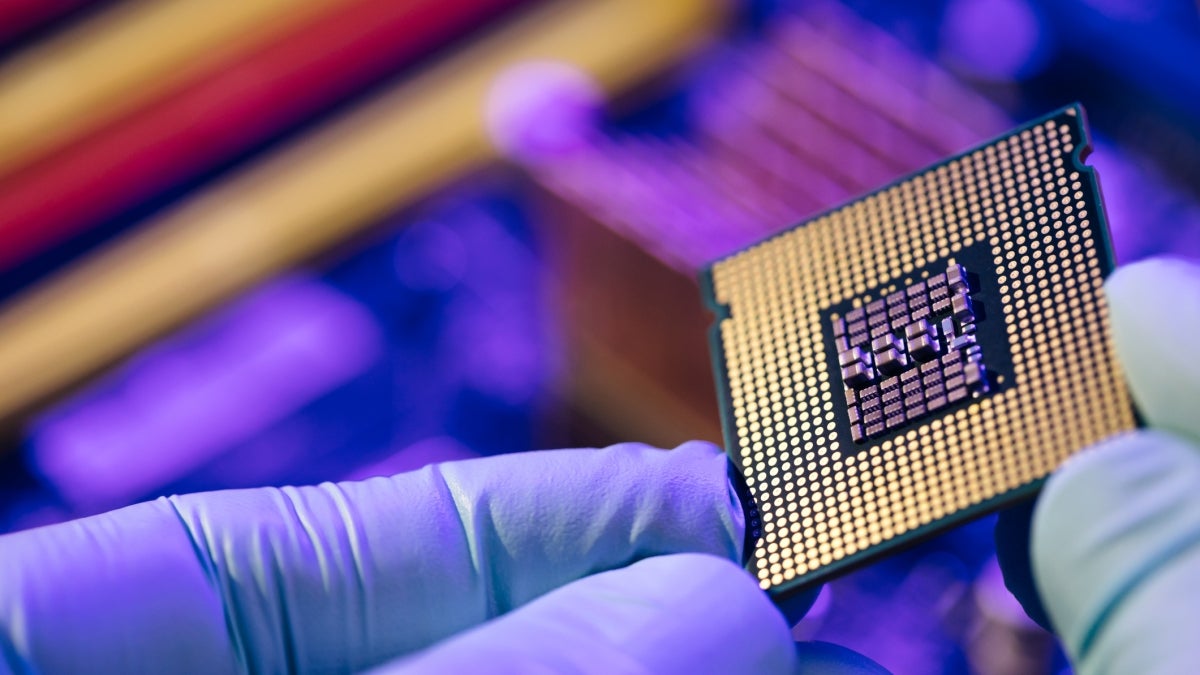Editor’s note: This story is featured in the 2023 year in review.
Deputy Secretary of Defense Kathleen Hicks announced the award today of $238 million in CHIPS and Science Act funding for the establishment of eight Microelectronics Commons regional innovation hubs.
“This is the first major national security-oriented research and development laboratory ever built in the state of Arizona, and Arizona State University is extremely honored to play a key role in making this happen,” said ASU President Michael Crow. “There is important work ahead, and this opportunity would not exist without the leadership of Sen. Mark Kelly and Sen. Kyrsten Sinema. They were critically important to the passage of the CHIPS and Science Act and have been tremendous supporters of industry investment and expansion in Arizona. ASU has been deeply invested in this work, but without the senators and the 70 partners who are a part of this effort with us, we wouldn’t be here.”
Read more on the Department of Defense website.
Top photo by iStock
More Science and technology

What do a spacecraft, a skeleton and an asteroid have in common? This ASU professor
NASA’s Lucy spacecraft will probe an asteroid as it flys by it on Sunday — one with a connection to the mission name.The asteroid is named Donaldjohanson, after Donald Johanson, who founded Arizona…

Hack like you 'meme' it
What do pepperoni pizza, cat memes and an online dojo have in common?It turns out, these are all essential elements of a great cybersecurity hacking competition.And experts at Arizona State…

ASU professor breeds new tomato variety, the 'Desert Dew'
In an era defined by climate volatility and resource scarcity, researchers are developing crops that can survive — and thrive — under pressure.One such innovation is the newly released tomato variety…


